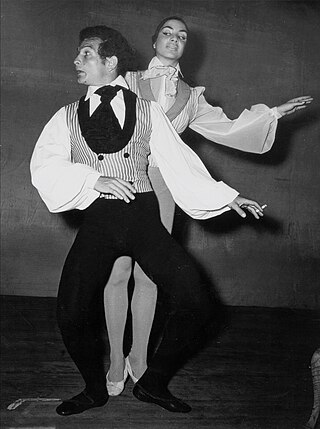
The Suez Crisis or the Second Arab–Israeli War, also referred to as the Tripartite Aggression in the Arab world and as the Sinai War in Israel, was a British–French–Israeli invasion of Egypt in 1956. Israel invaded on 29 October, having done so with the primary objective of re-opening the Straits of Tiran and the Gulf of Aqaba as the recent tightening of the eight-year-long Egyptian blockade further prevented Israeli passage. After issuing a joint ultimatum for a ceasefire, the United Kingdom and France joined the Israelis on 5 November, seeking to depose Egyptian president Gamal Abdel Nasser and regain control of the Suez Canal, which Nasser had earlier nationalised by transferring administrative control from the foreign-owned Suez Canal Company to Egypt's new government-owned Suez Canal Authority. Shortly after the invasion began, the three countries came under heavy political pressure from both the United States and the Soviet Union, as well as from the United Nations, eventually prompting their withdrawal from Egypt. Israel's four-month-long occupation of the Egyptian-occupied Gaza Strip and Egypt's Sinai Peninsula enabled it to attain freedom of navigation through the Straits of Tiran, but the Suez Canal itself was closed from October 1956 to March 1957. The Suez Crisis led to international humiliation for the British and the French in the wake of the Cold War, which established the Americans and the Soviets as the world's superpowers. It also strengthened Nasser's standing.

Richard Allen Boone was an American actor who starred in over 50 films and was notable for his roles in Westerns, including his starring role in the television series Have Gun – Will Travel.

Eddie Constantine was an American singer, actor and entertainer who spent most of his career in France. He became well-known to film audiences for his portrayal of secret agent Lemmy Caution and other, similar pulp heroes in French B-movies of the 1950s and 1960s.

Shaike Ophir was an Israeli film and theater actor, comedian, playwright, screenwriter, director, and the country's first mime.

Avi Mograbi is an Israeli documentary filmmaker.
Bourekas films were a genre of Israeli-made comic melodrama films popular in Israel in the 1960s and 1970s.
Lionel Rogosin was an independent American filmmaker. He worked in political cinema, non-fiction partisan filmmaking and docufiction, influenced by Italian neorealism and Robert Flaherty.

Merlin L. Miller is an American paleoconservative political activist, independent film director, writer, and producer. His works include the television film A Place to Grow (1998), starring Gary Morris, and the film Jericho (2000), starring Mark Valley. During the 2000s he founded a Tennessee-based production company, Americana Pictures. He has also written articles for the Barnes Review and the Occidental Observer.

Yulian Aleksandrovich Panich was a Soviet and Russian actor, director, and journalist. He was appointed Honored Artist of Russia in 1996.







